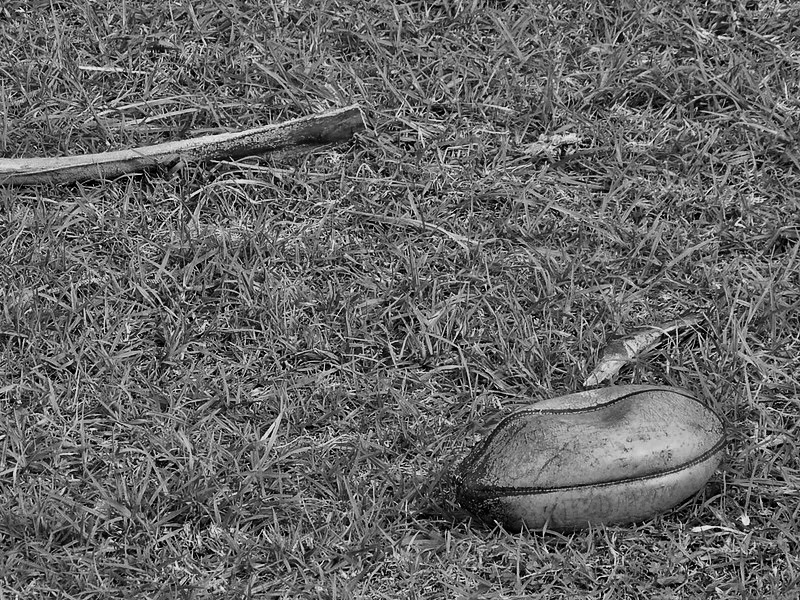What should be free
By Livia Meneghin
Archived recordings of Ainu, Aleut, Lushootseed, Quechua, Boon, Saami, Somray,
Warluwarra, and other critically endangered languages.
All traditional items stolen for foreign museums.
Water.
Parking at a hospital.
(Parking at) the university you attend.
To knock on your neighbor’s door asking for sugar or to borrow a drill or if they can
water your plants while you visit family out of state. And to offer freshly made raisin bread or
help stringing outdoor Christmas lights or first dibs on an outgrown crib before donating it.
Submitting to literary magazines.
Cheese, when you’re depressed.
You, from depressive thoughts.
You, to feel down at times because sadness is necessary.
Children under rubble. Children from famine.
Water.
Leg hair. Also, the choice to shave if your body feels better that way.
Women who want to be slutty.
Women who must take care of their parents and their children at the same time.
Anyone making below a livable wage.
Ants: including the over 12,000 named species, as well as the unnamed species, who
matter equally.
Bakery items at the end of the day from being thrown out.
Glaciers from stampedes of tourists warming their surfaces.
Cows and chickens and pigs from slaughter.
Sinuses from infections.
Water.
Salmon runs.
Wild grasses.
Livia Meneghin (she/her) is the Sundress Publications Reads Editor and author of chapbook, Honey in My Hair. She’s earned recognition and awards from the Academy of American Poets, the Writers’ Room of Boston, Breakwater Review‘s Peseroff Prize, the Room Poetry Contest. Her writing has found homes in Gasher, So to Speak, Thrush, Whale Road Review, and elsewhere.After earning her MFA in Boston, she now teaches writing and literature at the collegiate level. She is a cancer survivor.
Public Domain photograph by Alan Levine.
A note from Writers Resist
Thank you for reading! If you appreciate creative resistance and would like to support it, you can make a small, medium or large donation to Writers Resist from our Give a Sawbuck page.


